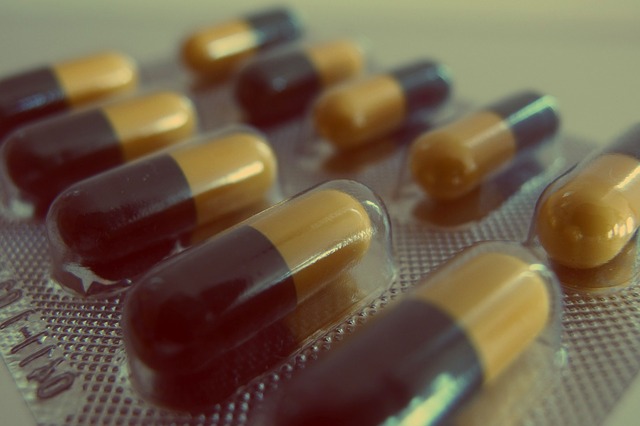 Health technology is rapidly evolving; it seems that every week a new device emerges on the market to help patients and doctors manage patient care. Although digital health currently is focused on mHealth, wearable technologies and smart medical devices, this is just the beginning. The next phase of healthcare’s digital evolution is closer than you might think. Smart pills and digestibles are already being connected to the cloud in pharmaceutical testing labs—some are even available to the public.
Health technology is rapidly evolving; it seems that every week a new device emerges on the market to help patients and doctors manage patient care. Although digital health currently is focused on mHealth, wearable technologies and smart medical devices, this is just the beginning. The next phase of healthcare’s digital evolution is closer than you might think. Smart pills and digestibles are already being connected to the cloud in pharmaceutical testing labs—some are even available to the public.
Smart pills offer an alternative solution to invasive procedures, patient self-reporting, and in-person clinical monitoring. These new IoT driven tools, which allow data to be delivered to physicians in real time, have three primary applications: diagnostic imaging, drug delivery and patient monitoring.
Diagnostic Imaging
Capsule endoscopies are a convenient alternative to the imaging methods of the past. These pills contain a tiny camera that collects images of the gastrointestinal tract and transmits them to a computer where they can be displayed and analysed for diagnosis. Some battery-operated pills have already received FDA-approval. This will likely be the future of health screening, as it will provide speedier diagnosis and treatment, and will eliminate the need for traditionally painful or invasive testing methods.
Drug Delivery
While pills and capsules have long been the primary method for drug and medication delivery, that does not preclude them from technological advances. Pill bottles with sensors that alert doctors and caretakers to when patients are not following their doctors’ orders or their prescription is running low are already on the market. IoT is rapidly being used to advance pill bottles, and even pills themselves. Pills that contain dissolvable sensors as small as a grain of sand are being developed.
These pills will alert doctors of instances when patients are dangerously mixing medications or taking incorrect doses. Very soon, these pills will be able to monitor and record patients’ physiological reactions to prescribed medications, tracking side effects like increases in heart rate or temperature. With these IoT powered, smart pills, even mobile remote monitoring and telemedicine solutions may be rendered obsolete.
Patient Monitoring
Perhaps most prominently, smart pills are being developed for the purpose of monitoring patients’ vitals, such as temperature and blood sugar levels. These devices move down the digestive tract transmitting information wirelessly, often to a band-aid type patch on the patient’s skin. Other healthcare IoT solutions use sensors embedded within pills, and alert patients via text message when they are at risk for infection or even heart attack. These technologies will be especially beneficial for those with frequent exposure to extreme environmental factors, athletes, diabetics and other chronically ill patients. Many of the procedures doctors today follow could be a way of the past. For instance, smart pills are already being developed to replace diabetic glucose tests that use needles.
As with all new medical advances, there are some concerns to consider as the Internet of Things enters into the human body. Smart pill technology still needs to undergo further clinical trials, and the financial cost for early adopters will likely be high. Despite FDA approval, patients also may be fearful of ingesting sensors for reasons related to privacy and the uncertainty of the unknown. Regardless, the usage and scope of digestables, in conjunction with more widely used wearables and injectables, is only going to increase.

